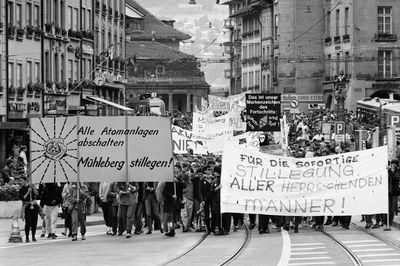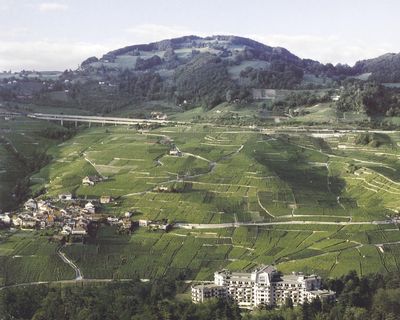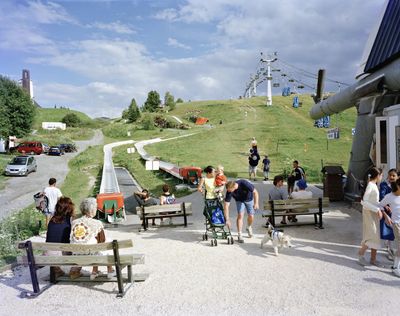Territorium Helveticum: on the Ethonomy of Swiss UrbanisationShin Alexandre Koseki

Comparing the contextual effect of city-state-like global cities, Shin Alexander Koseki argues that cities are spatial options historically constituted by their actors and show to produce specific political and economical practices. They are in that sense distinctive milieux of social and spatial conditions, affording a certain potential that does not emerge from other forms of territorial spatial options.
Shin Alexandre Koseki is a Canadian and Japanese architect, urban planner and researcher in urban theory, political geography, and spatial planning. After having studied architecture in Canada and in Switzerland, Koseki specialised in spatial planning and urban sciences at the Swiss Institute of Technology Lausanne (MSc in 2010, PhD in 2017). Previously, he has held positions as associate researcher and lecturer at the EPFL School of Architecture, Civil and Environmental Engineering (2010–2016), as well as visiting fellow at the School of Anthropology of the University of Oxford, the Cities Research Cluster of the National University of Singapore, and the Future Cities Laboratory in Singapore. In 2013, he was a studio director for the EPFL MSc Minor in Spatial and Urban Planning, and from 2015 to 2016, he was responsible for the organisation and coordination of two international PhD summer schools on urban complexity and cognition offered conjointly by EPFL and ETH Zurich. As an architect, Koseki has worked in Japan, Italy, Canada, and the United States. In 2008, he sojourned at the Académie de France à Rome—Villa Medici as a guest of then director Richard Peduzzi and has since continued to develop a practice as a photographer and a set designer, mostly for contemporary dance and performance art.


